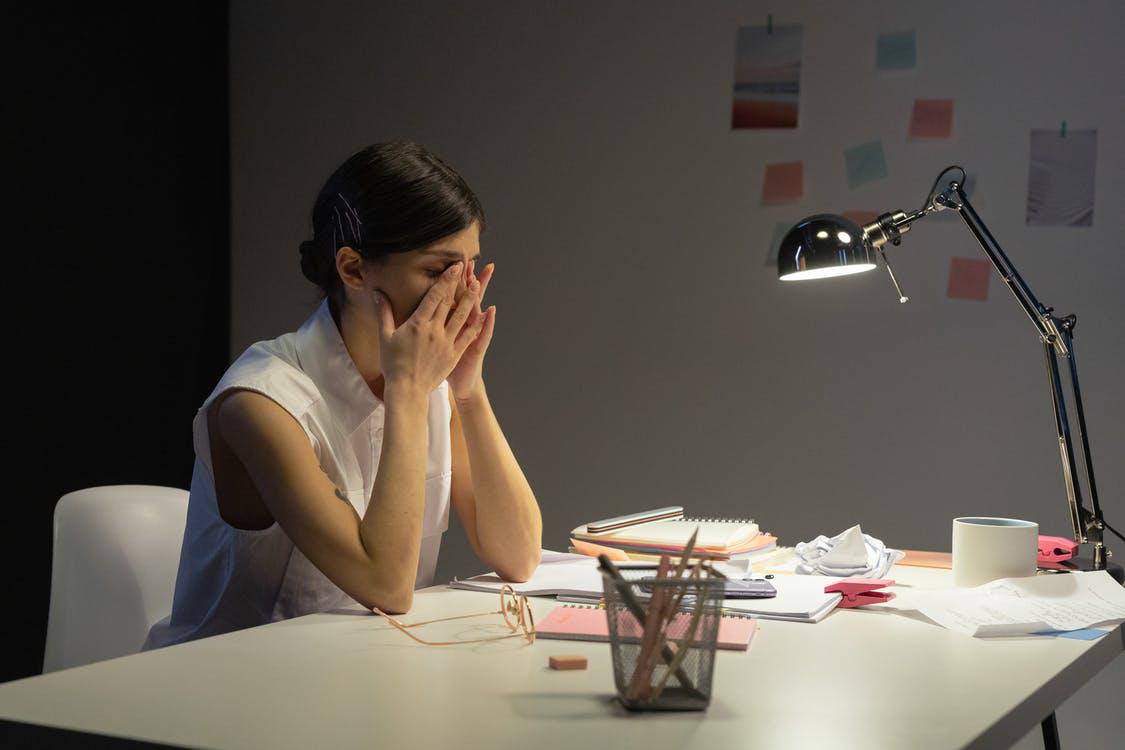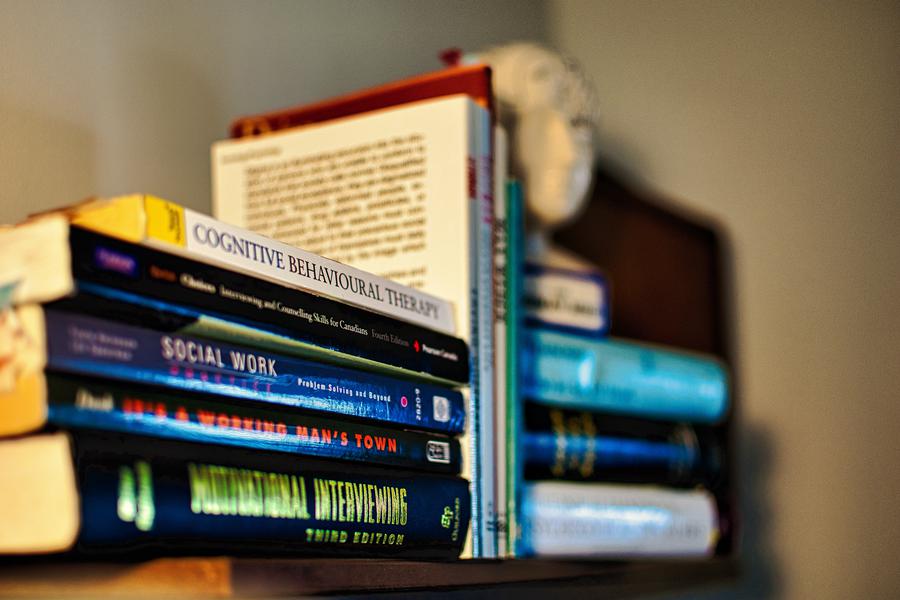
Kathryn
July 13, 2022, noon

My eating disorder surfaced mid-career, in middle-age. There were many contributing factors, and my life on the job was one of them. I work in the cultural and tourism sector in a mission-driven organization that attracts passionate and committed people whose boundaries easily get blurred. Relentless pursuit of perfection. Results orientation. Stakeholder scrutiny. Bullying and volatility disguised as vision. This was toxic fuel for my eating disorder, especially when stresses and challenges outside work were high.
In the workplace, I suffered alone, hiding the worst parts of my experience in plain sight. Even when I moved into recovery, I kept my struggles, gains, and setbacks locked up out of fear that my career would suffer. But, I was not alone. Many colleagues were (and still are) suffering – our workplace culture for each one is a contributing factor to their illnesses and struggles. We want to change, and there has been some good progress. As a leader, I decided I could play a part.
In an informal “sharing session,” I chose to disclose my story of struggling with anorexia and my ongoing recovery with my colleagues. It was scary, but I felt committed to chipping away at some pervasive stigmas around eating disorders and mental illness. I was ready to take some responsibility for leading and modelling the messy and challenging conversations we needed to have to build a better work culture.
That talk shed light on a few things – it reaffirmed that I was never alone and that we can be honest about our struggles and brave about calling out problems. It made me even more aware of the risks of workplace stress – which is particularly critical now as my organization simultaneously tries to recast our culture and recover from the pandemic. I’ve felt shaky in my recovery lately, and so I’ve accessed additional supports to renew my commitment to wellness. And I’m proud of that – being part of the change I want to see has made me more accountable to myself. I’ve also helped foster a culture where it’s okay to say you’re not okay and have helped others access help.
Work is still stressful. But talking about it, acknowledging the impact and being vulnerable has made me stronger.
Author’s Bio
In her professional realm, Kathryn is a confident, lead-with-humanity manager in a major cultural institution. Outside of that, she’s a jumbly mix of recreational athlete, Girl Guide leader, parent, partner, friend and messy human. Her recovery from anorexia is ongoing.

June 1, 2022, noon

April 11, 2017, 9:30 p.m.